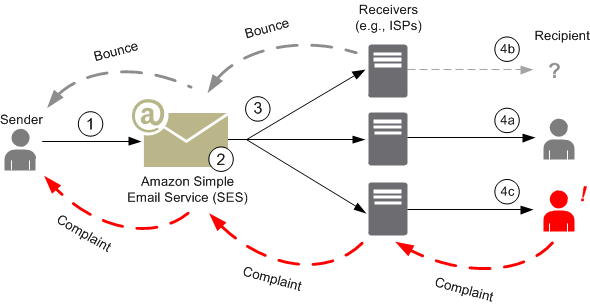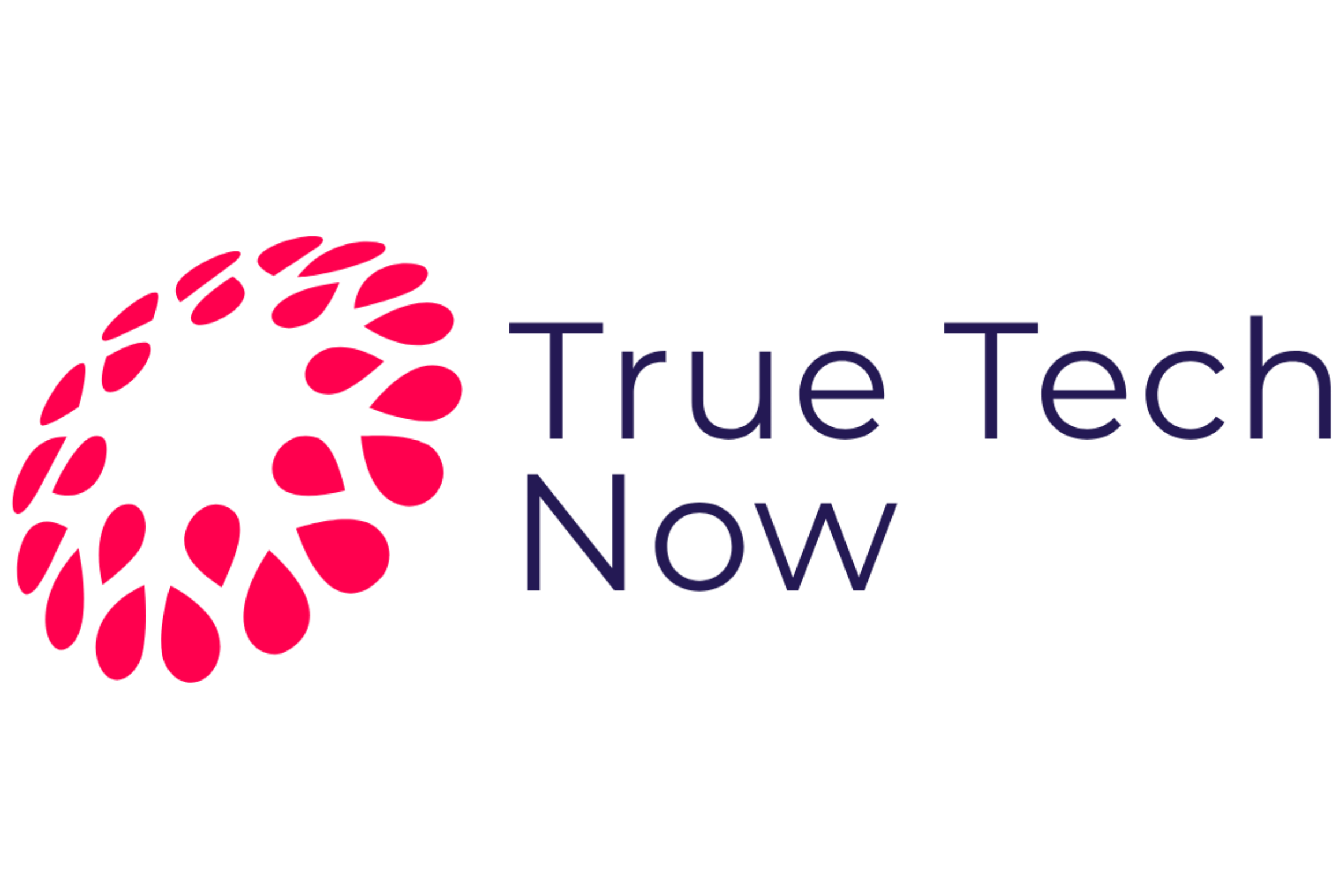The Best Mint Alternatives for 2025: Discover Healthier Options!

Mint has long been a go-to herb for its refreshing taste and numerous health benefits. However, if you’re looking for alternatives that offer similar flavor profiles or even additional health advantages, you’re in the right place. This article explores the best mint alternatives for 2025, perfect for various uses.
What Are Mint Alternatives?
Mint alternatives are herbs or plants that can replace mint in various culinary or medicinal applications. These alternatives provide similar flavors or unique qualities, often contributing different health benefits. Whether you’re looking for a milder taste or a more robust flavor, there are plenty of options to explore. Many mint substitutes are used in food, drinks, and even essential oils, making them versatile and beneficial for both your palate and well-being.
Why Should You Choose Mint Alternatives?
Mint is widely appreciated for its refreshing taste, but there are several reasons why you might choose to explore alternatives. Some individuals are sensitive to mint’s strong flavor, or it may even irritate those with certain health conditions. Additionally, those looking for new flavors or unique health benefits may benefit from alternatives like lemon balm or ginger. Mint alternatives also provide variety in your meals, teas, and even self-care routines, adding exciting new options to your lifestyle.
Top Mint Alternatives to Try
If you’re ready to swap out mint for something new, these mint alternatives are worth considering. They range from mild to strong in flavor, so there’s something for everyone.

Lemon Balm
Lemon balm is a member of the mint family but offers a gentler, citrus-infused flavor. It’s perfect for those who enjoy mint but are looking for something less intense. Lemon balm is great in teas, and its delicate lemon aroma is soothing and relaxing, making it an excellent choice for bedtime teas. It also has natural anti-anxiety properties, helping you to feel calm and at ease.
Eucalyptus
Eucalyptus leaves are known for their strong, minty flavor with a slight medicinal edge. This herb can be used in teas or added to food for a refreshing kick. Eucalyptus is often used in wellness practices due to its ability to clear the sinuses and provide relief from respiratory issues. It’s also widely used in essential oils for aromatherapy.
Ginger Mint Substitute
For a slightly spicy, refreshing twist, ginger can serve as a great substitute for mint. Ginger’s warm, peppery taste complements many dishes and beverages that typically use mint. It also has digestive properties, making it a great addition to teas or desserts. Ginger can also soothe nausea and promote better digestion, making it a health-boosting alternative.
How to Use Mint Alternatives in Food and Drinks
Mint alternatives can be used in various culinary creations, from savory dishes to refreshing beverages. For instance, lemon balm can be brewed into herbal tea, or you can toss it into a salad to add a subtle citrus flavor. Eucalyptus leaves can be used to infuse water or herbal teas, creating a fresh, clean taste. Ginger is commonly used in beverages like ginger tea or can be added to smoothies and desserts for a bit of spice.
These alternatives are easy to incorporate into your diet. Add a few leaves or a pinch of dried leaves to your food or drink, and experiment to find the right balance. Using mint alternatives in your cooking is an easy way to refresh your meals and experiment with new tastes.
Health Benefits of Mint Alternatives
Mint alternatives are not only flavorful but also come with various health benefits. Lemon balm is known for its calming properties, which help reduce stress and promote relaxation. It’s often used to support mental well-being and alleviate symptoms of anxiety and insomnia. Eucalyptus, on the other hand, is great for respiratory health. It helps clear sinuses and ease congestion, making it a perfect addition to teas during cold and flu season.
Ginger, a powerful root, is another mint alternative that is packed with health benefits. It has been used for centuries to support digestion, reduce nausea, and combat inflammation. It also helps boost immunity and can provide relief from muscle pain or soreness. These alternatives offer natural remedies while bringing unique flavors to your meals and beverages.
Where to Buy Mint Alternatives?
Finding mint alternatives is easy, as many of these herbs are available in various forms, including fresh leaves, dried herbs, and essential oils. You can purchase them at your local grocery store, farmer’s market, or specialty herb shops. Additionally, many online retailers offer a wide selection of organic mint alternatives.

Organic Options
For the most natural and pesticide-free products, consider buying organic mint alternatives. Organic lemon balm, eucalyptus, and ginger are readily available online and in health food stores. By choosing organic, you ensure that you’re getting the best quality product, free from chemicals and additives.
User-Friendly Design
When buying mint alternatives, you’ll find that many of these herbs come in user-friendly designs. For example, dried herbs are often available in convenient tea bags or ready-to-use loose-leaf forms. Essential oils are packaged in small bottles, easy to use in diffusers, or added to homemade beauty products. These options make it easy to integrate mint alternatives into your everyday life.
Mobile Apps for Easy Access
Some mobile apps can help you locate mint alternatives near you, allowing you to find the best stores or online shops to purchase these herbs. These apps also offer recipes, health tips, and other helpful information for using mint substitutes in your daily routine.
Can Mint Alternatives Be Used in Gum and Candies?
Yes! Mint alternatives like ginger and eucalyptus can also be used in gum and candies. Ginger candies are popular for their digestive benefits and can be found in many health food stores. Eucalyptus-flavored gum or mints are another option that can help freshen your breath while providing some respiratory benefits. These alternatives offer a unique twist on traditional minty treats, making them an excellent choice for those looking for something different.
The Bottom Line
Mint alternatives are an excellent way to spice up your culinary and wellness routines. Whether you’re looking for something milder, more invigorating, or with additional health benefits, alternatives like lemon balm, eucalyptus, and ginger offer endless possibilities. They are not only versatile in food and drinks but also support health and well-being. By exploring these mint alternatives, you’ll discover fresh, exciting ways to enjoy natural flavors while boosting your health.






